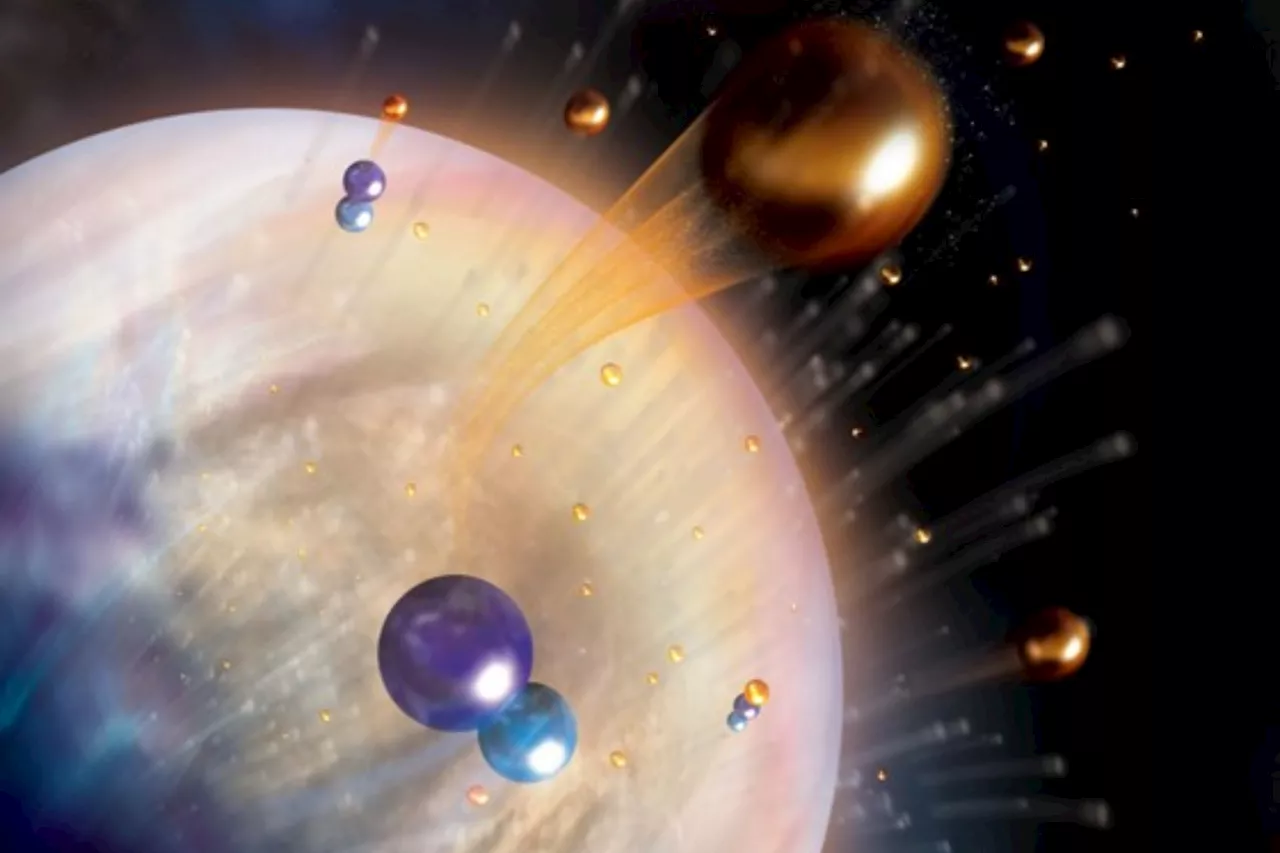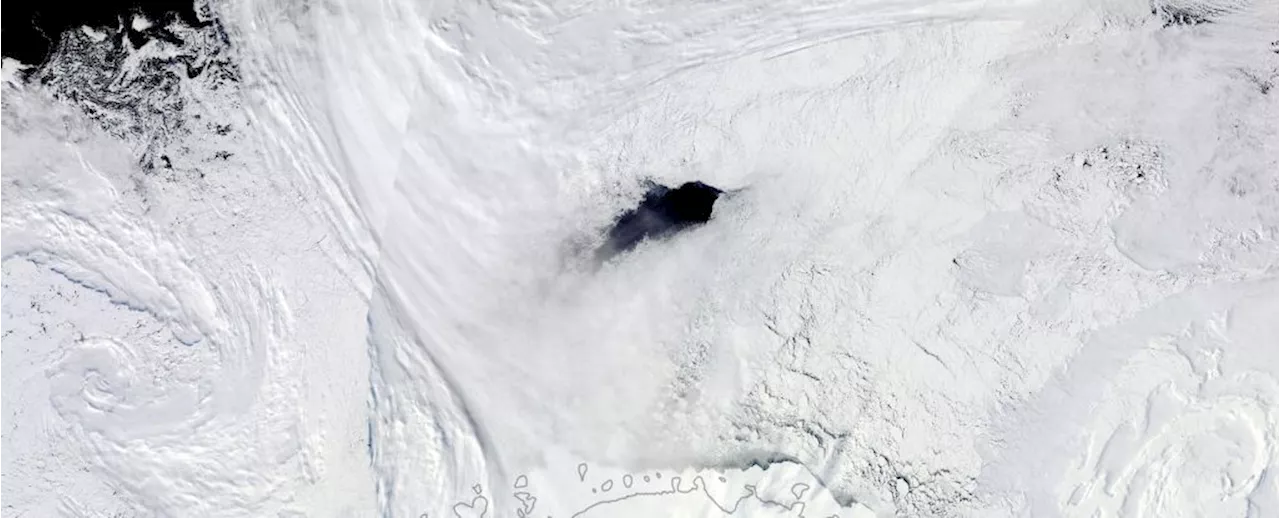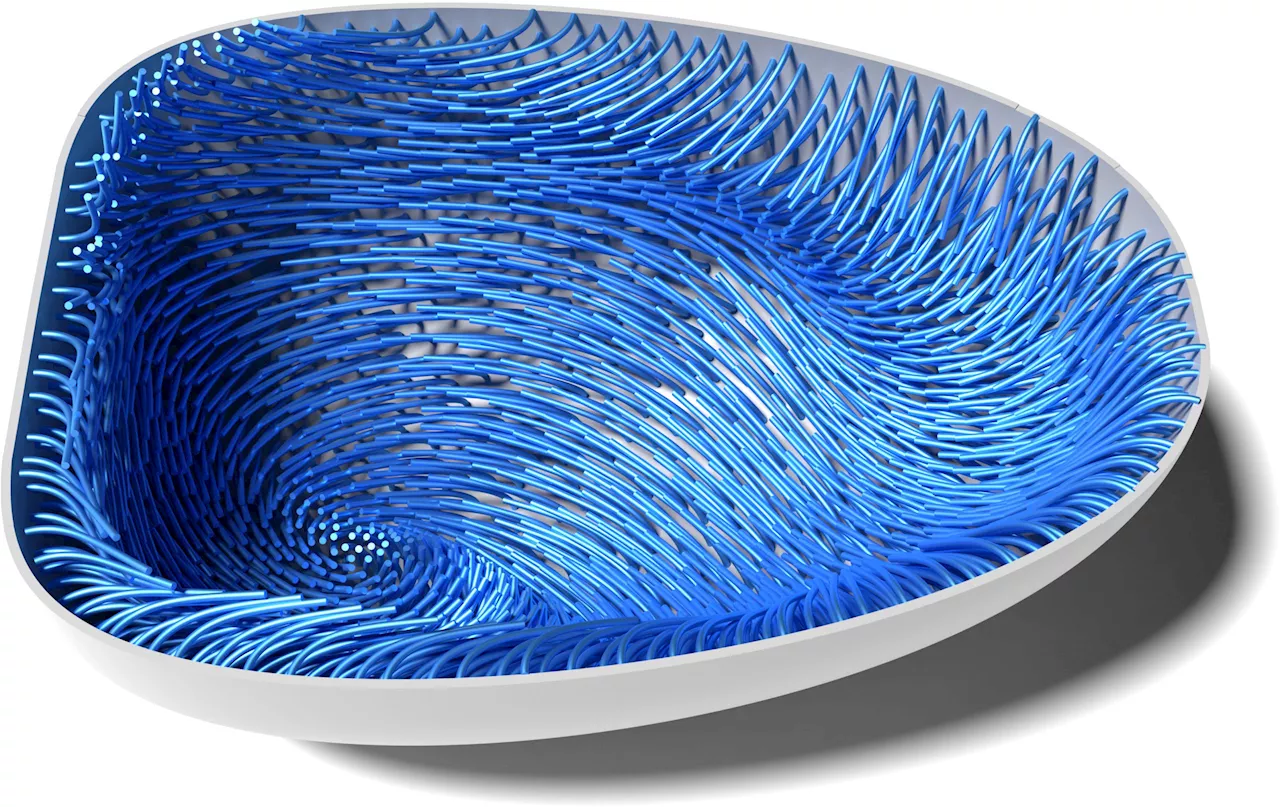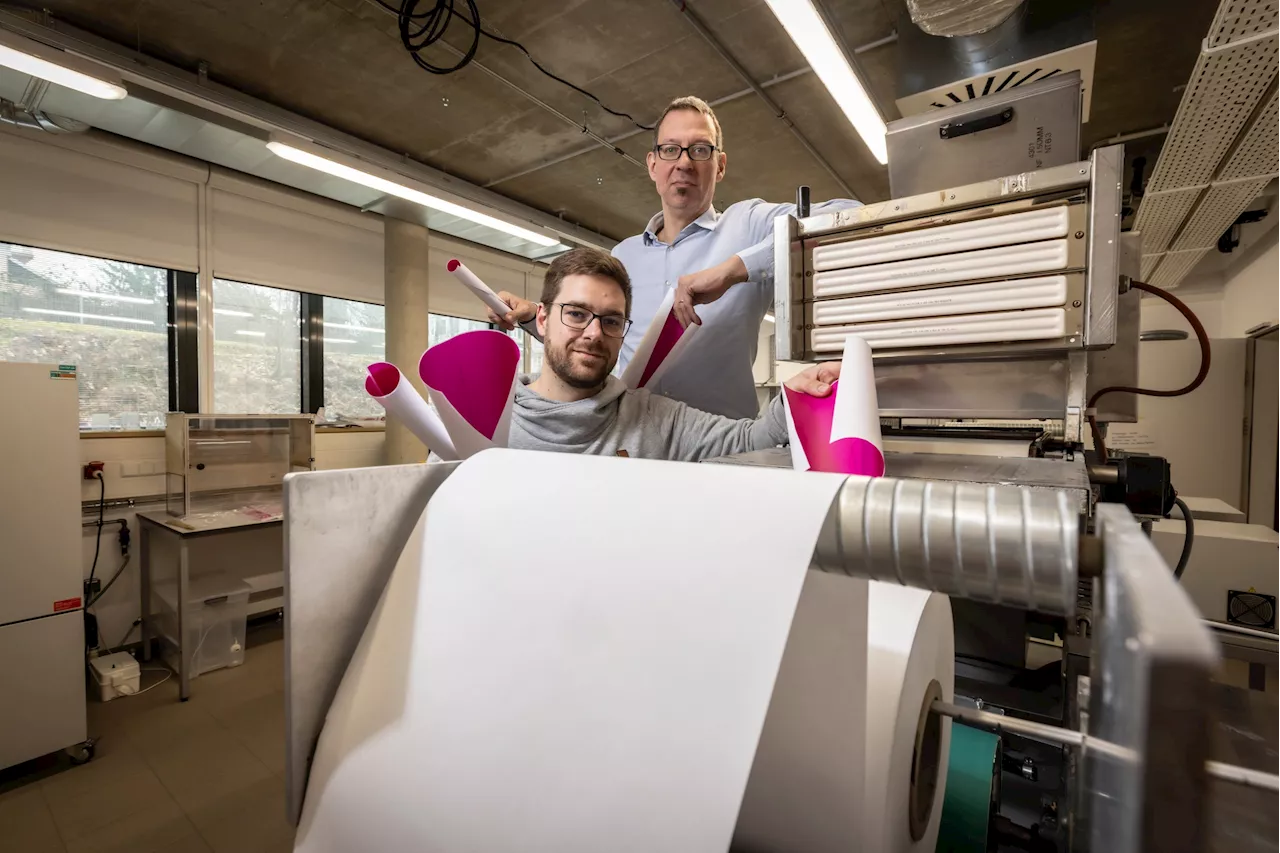'Our finding opens a new possibility to explain the origin of p-nuclei via neutrino absorption reactions on nuclei,' a researcher said.
A strange category of chemicals present in the early days of the solar system has mystified scientists for years—until now.These materials, called p-nuclei or proton-rich nuclei, are a rare group of isotopes of elements heavier than iron that have a low amount of neutrons.Scientists haven't been sure how these isotopes originated, but according to a new paper in the journal Physical Review Letters, it may be as a result of something called the vr-process.
In the paper, the researchers suggest the vr-process, which is when neutron-rich materials are exposed to large amounts of neutrinos in high-energy stellar explosions.Neutrinos are subatomic particles that are extremely light and electrically neutral, which allows them to pass through ordinary matter with very little interaction. Due to their weak interaction with matter, neutrinos are extremely difficult to detect, and large and sensitive detectors are needed to observe them.
United States Latest News, United States Headlines
Similar News:You can also read news stories similar to this one that we have collected from other news sources.
 Scientists May Have Solved Mystery of Venus' Lost WaterVenus is thought to have once had a lot of water, though how the water escaped from its atmosphere has puzzled scientists.
Scientists May Have Solved Mystery of Venus' Lost WaterVenus is thought to have once had a lot of water, though how the water escaped from its atmosphere has puzzled scientists.
Read more »
 Scientists May Have Solved First Half of Sleep MysteryThe findings offer new insights into how sleep prepares our brain to learn.
Scientists May Have Solved First Half of Sleep MysteryThe findings offer new insights into how sleep prepares our brain to learn.
Read more »
 Scientists Solved a 50-Year Mystery of What Punched The Giant Hole in Antarctic IceThe Best in Science News and Amazing Breakthroughs
Scientists Solved a 50-Year Mystery of What Punched The Giant Hole in Antarctic IceThe Best in Science News and Amazing Breakthroughs
Read more »
 Puzzling Scientists for Over 50 Years – A “Holy Grail” Chemical Mystery Has Been SolvedScience, Space and Technology News 2024
Puzzling Scientists for Over 50 Years – A “Holy Grail” Chemical Mystery Has Been SolvedScience, Space and Technology News 2024
Read more »
 Mystery Solved: Scientists Uncover Origins of Enigmatic Swirling Movements in Some of Nature’s Largest CellsScience, Space and Technology News 2024
Mystery Solved: Scientists Uncover Origins of Enigmatic Swirling Movements in Some of Nature’s Largest CellsScience, Space and Technology News 2024
Read more »
 Scientists Have Solved the Mystery of Curling PaperScience, Space and Technology News 2024
Scientists Have Solved the Mystery of Curling PaperScience, Space and Technology News 2024
Read more »
